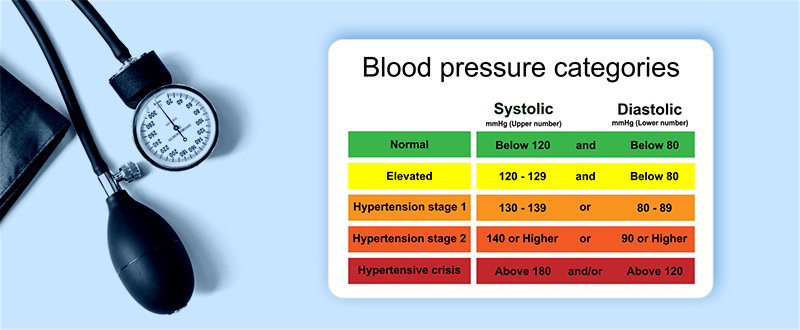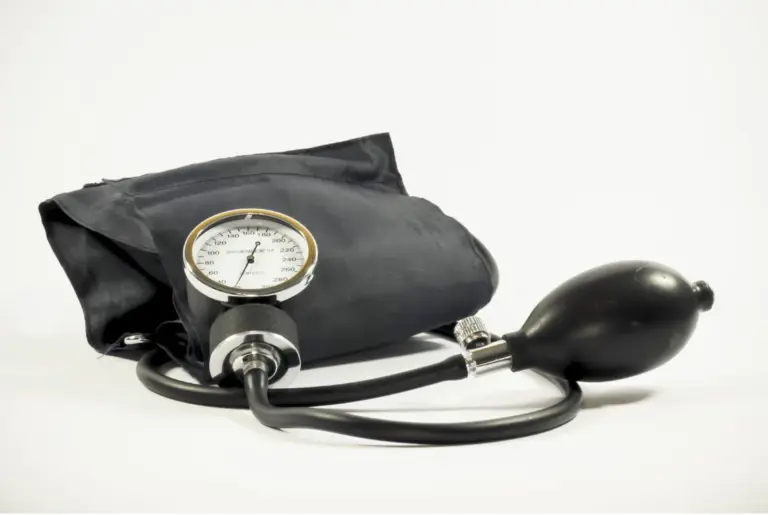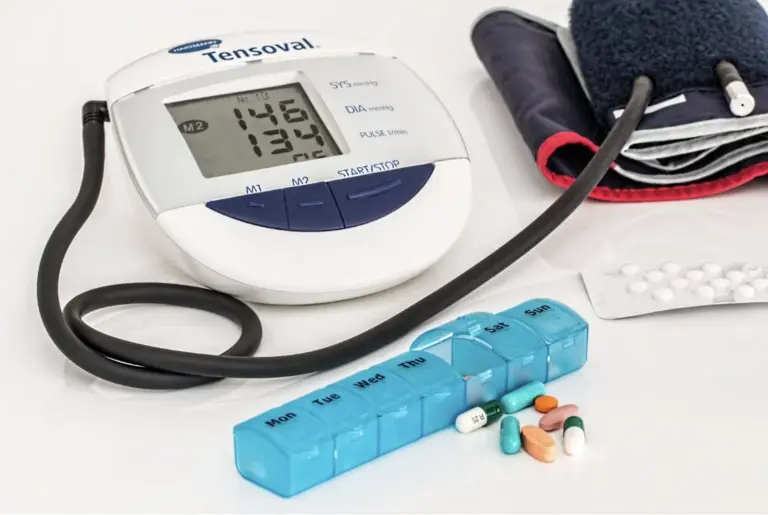Blood pressure is one of the most important health parameters. High blood pressure, or hypertension, can lead to serious health complications if left untreated. Low blood pressure, or hypotension, can also be dangerous if not treated properly. Therefore, it is vital to understand your blood pressure levels and maintain healthy levels. This post will discuss blood pressure levels and keep them in the optimal range.
What Do Your Blood Pressure Numbers Mean, and How They Can Be Used
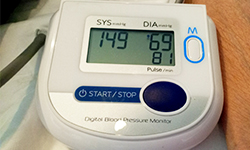
Two numbers are used to record your blood pressure:
-
Systolic Blood Pressure:
Systolic blood pressure is the number that appears at the top while you check your blood pressure. It indicates the amount of blood pressure your heart exerts on the artery walls.
-
Diastolic Blood Pressure:
Diastolic blood pressure is the number that appears at the bottom while you check your blood pressure. It indicates the amount of blood pressure exerted on your artery walls while the heart is resting between beats.
Which Number Is More Important Than the Other?
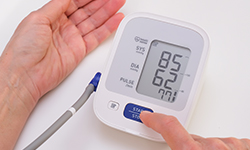
People over 50 years are more likely to pay attention to their systolic (or first) blood pressure as a risk factor for heart disease. This is because most people’s systolic pressure increases with age. This is due to stiffening of the large arteries, plaque buildup, and increased vascular and cardiac disease risk. High blood pressure can be diagnosed by a blood pressure reading that is either heightened systolic, diastolic, or both.
Blood Pressure Categories
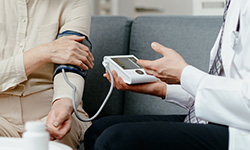
Below are the blood pressure categories you should know about:
Normal
Your blood pressure must be normal for a reading to be considered normal.
- A systolic blood pressure of more than 90 mm Hg or less than 120 Hg is considered high.
- A diastolic pressure between 60 mm Hg & less than 80 mmHg
According to the American Heart Association (AHA), blood pressure is considered normal when your diastolic and systolic numbers fall within these ranges.
No medical intervention is necessary if you are within the normal range. However, it is vital to living a healthy lifestyle and maintain a moderate weight to prevent high blood pressure.
If you have high blood pressure, you may need to be more aware of how your lifestyle affects your health.
Elevated
High blood pressure refers to readings that consistently fall between 120-129 systolic (or less than 80 mm Hg) and above. If the condition is not controlled, people with high blood pressure will likely develop high.
Hypertension 1st Stage
Hypertension Stage 1 refers to blood pressure consistently fluctuating between 130-139 systolic and 80-89mm Hg diastolic. Doctors may recommend lifestyle changes to reduce blood pressure at this stage. In addition, depending on the risk of developing atherosclerotic cardiovascular diseases (ASCVD) such as stroke or heart attack, they may also prescribe some effective blood pressure medication.
Hypertension 2nd Stage
Hypertension Stage 2 refers to blood pressure rising higher than 140/90mmHg consistently. Doctors will likely prescribe blood pressure medication and lifestyle modifications for this hypertension stage.
Hypertensive Crisis
High blood pressure is a severe condition that requires immediate medical attention. Your blood pressure readings suddenly rise above 180/120mm Hg. Wait five minutes, then recheck your blood pressure. Contact your doctor immediately if your readings remain high. Hypertension could be a problem.
Instead of checking your blood pressure, take your pulse: The heartbeat of a human is a vital indicator that shows how often the heartbeats per minute. The “pulse” is also a key indicator of blood pressure and pain resilience.
What Is the Difference Between Blood Pressure and Pulse?

Blood pressure is the force of blood moving through your blood vessels. Your heart rate is the amount of time your heart beats an hour.
- These are two indicators and measures of health that are different.
- It is impossible to measure blood pressure in hypertensive patients (HBP).
High Blood Pressure Is a Factor in Increasing Heartbeat

The heart rate and blood pressure do not rise in the same way. Your heart rate and blood pressure won’t rise at the same time. Your heart beats faster, but healthy blood vessels dilate (get larger) to allow more blood flow. Exercise increases your heart rate to allow more blood to reach your muscles. While your heart rate might increase by up to 2x, your blood pressure may only rise a little.
Conclusion
Stressors or ongoing crises could cause it. Hypertension can also be undiagnosed. However, you can change your lifestyle and food choices to lower your blood pressure. Before you take any medication or supplements, make sure to visit a doctor.
Although there are many options for managing hypertension, the most important is to know if you have it. Get checked by a doctor in your area so you can make changes today to improve your lifestyle and food choices. Visit BP in Control for more information on blood pressure.
REFERENCES :
Disclaimer
The information contained in this article is to educate, spread awareness in relation to hypertension and other diseases to the public at large. The contents of this article are created and developed by BPinControl.in through its authors, which has necessary, authorisations, license, approvals, permits etc to allow usage of this articles on The Website. The views and opinions expressed in this article are views, opinions of the respective authors and are independently endorsed by doctors. Although great care has been taken in compiling and checking the information in this article, The Website shall not be responsible, or in any way liable for any errors, omissions or inaccuracies in this article whether arising from negligence or otherwise, or for any consequences arising therefrom. The content of this article is not a substitute for any medical advice. The Website shall not be held responsible or liable for any consequence arising out of reliance on the information provided in the article.
